We are doing our very best to tie up all our loose ends at the very same time, without getting tripped up! The school itself has been physically open on Thursday and today for parents to come and drop off library books, used uniforms, etc., and to pick up the contents of desks, lockers, as well as yearbooks. After all these months of distance it is very weird seeing actual human beings in our parking lot! At the same time, we have report cards which are being sent home electronically today as well. Those tasks will functionally close out the 2019-2020 school year.
That sets the stage for us to focus our energies squarely on the 2020-2021 school year to come. The most important issue, of course, that we are working on is the plan for a safe reopening. We are finishing up our review of provincial guidelines, I have been participating in calls with the Heads of Toronto Jewish Day Schools (through their UJA), and we are keeping up with best practices in both the private school world (through CAIS) and the Jewish day school world (through Prizmah). The “good news” so far is that there are no huge surprises. The threefold path we have already been planning to travel – in-person, distance and a hybrid (or “hyflex”) – is how every school is being asked to plan. The two simpler paths are easier to conceptualize. We can imagine what it might look like to have everyone back in the building with some amount of social distancing and with restrictions on activities such as PE or Music. We would need to make adjustments, change schedules, etc., but we’d figure out how to make it work. We can do more than imagine what it might look like to have everyone home, because that is what we lived through during the last 13 weeks of the school year. However, parents should not expect that our OJCS Distance Learning program would look the same in the future as it did in the past. With more time to plan, with experiences under our belts and with student/teacher/parent feedback, it is reasonable to believe that if we were forced back into a fully remote program, that it would look meaningfully different and increasingly improved (particularly in the youngest grades).
What is less easy to imagine, of course, is the hybrid or hyflex model and this is where we are doing the greatest amount of planning. Guidelines that cap class cohorts at 15 students or seek to limit the amount of teachers who engage with a cohort are understandably tricky for a trilingual school with class sizes that average 15-20. We have both physical and programmatic challenges to overcome to land in the right place. We also have to have a better handle on parent needs and wants, which is why a parent survey will be sent out within the next couple of weeks. We look forward to sharing more about our thinking and our proposed model as it comes into focus. We appreciate your patience as we go about our work and we stand ready to answer any question or address any concern you may have in the meanwhile. Please don’t hesitate to reach out to us directly.
This extended caveat – why not just tell us who the teachers are! – is necessary because what follows is a bit more tentative than it otherwise would be. It is possible that the adoption of a hybrid model could require a different assignment for a teacher here or there because some classes (Art, Music, PE, etc.) may not take place (in the same way) or some grades may not be split the same way in a hybrid model than in a full in-person model.
So with that in mind, please get excited about this gifted and loving group of teachers and administrators who will partner with our parents in the sacred work of educating our children. I know I am!
The 2020-2021 OJCS Faculty & Staff
Lower School General Studies Faculty
- Kindergarten: Janet Darwish, French Teacher (French) & Taylor Smith (EA)
- Grade One: Ann-Lynn Rapoport & French Teacher (French)
- Grade Two: Ann-Lynn Rapoport/Lianna Krantzberg & Dr. Sylvie Raymond (French) [TWO Classes]
- Grade Three: Julie Bennett & Aaron Polowin (French) [TWO Classes]
- Grade Four: Faye Mellenthin, Yardena Kaiman (Core) & Aaron Polowin (Extended)
- Grade Five: Melissa Thompson/Lianna Krantzberg, Yardena Kaiman (Core) & Aaron Polowin (Extended) [TWO Classes]
Lower School Jewish Studies Faculty
- Kitah Gan: Shira Waldman
- Kitah Alef: Ada Aizenberg
- Kitah Bet: Bethany Goldstein [TWO Classes]
- Kitah Gimmel: Sigal Baray [TWO Classes]
- Kitah Dalet: Ada Aizenberg
- Kitah Hay: Yardena Kaiman & Ofra Yfrah [TWO Classes]
Middle School Faculty
- Science: Josh Ray
- Mathematics: Chelsea Cleveland
- Language Arts: Mike Washerstein
- Social Studies: Deanna Bertrend
- Extended French: Stéphane Cinanni
- Core French: Dr. Sylvie Raymond
- Hebrew: Ofra Yfrah (Level I) & Ruthie Lebovich (Level II)
- Jewish Studies: Mike Washerstein
- Rabbinics: A Rabbinics Teacher
Specialists
- Art: Shira Waldman
- Music: TBD (due to COVID)
- PE: Josh Ray, Faye Mellenthin (Grades K, 1, 2 & MS Girls) & Brian Kom (3)
- Library: Brigitte Ruel
Department of Special Education
- Keren Gordon, Vice Principal
- Sharon Reichstein, Director of Special Needs
- Linda Signer, Resource Teacher
- Brian Kom, Resource Teacher
- Chelsea Cleveland, Math Resource
Education Leadership Team
- Melissa Thompson, Teaching & Learning Coordinator
- Deanna Bertrend, Student Life Coordinator
Administration
- Josh Max – IT & Technology Support
- Ellie Kamil – Executive Assistant to the Head of School
- Head of Jewish Studies – Head of Jewish Studies
- Staci Zemlak-Kenter – Director of Development
- Emily Jiang – Chief Accountant
- Jennifer Greenberg – Director of Recruitment
- Keren Gordon – Vice-Principal
- Dr. Jon Mitzmacher – Head of School
You will see two new names in the above list. We are pleased to introduce Ofra Yfrah, a new Jewish Studies Teacher, who will be coming to us, with her family, from Israel with teaching experience and a passion for children. We are additionally pleased to introduce Dr. Sylvie Raymond, a new French Teacher, who comes with a wealth of teaching expertise and enthusiasm for all things French.
We are moving full steam ahead with candidates for a new Head of Jewish Studies and a K-1 French Teacher, and between our extraordinary returning teachers and the quality of our new teachers, we know that the future is bright at OJCS.

This likely ends my weekly blogging for the season. I will blog through the summer if and when there is what to share – obviously including all our thoughts and plans for a safe reopening. Our office remains open, of course, but administration will take staggered vacation throughout the summer to make sure we are refreshed and recharged for 2020-2021.
Happy Summer!


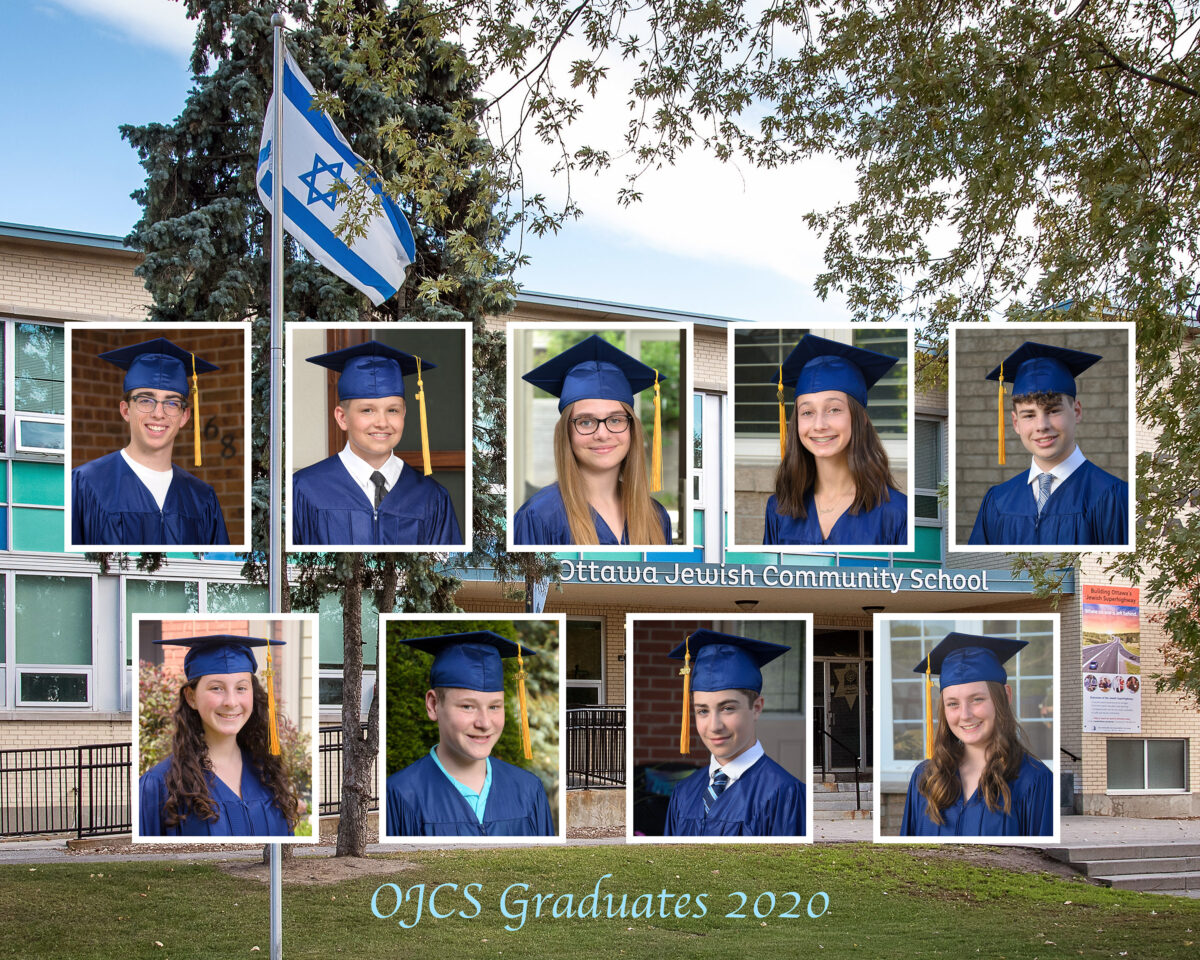
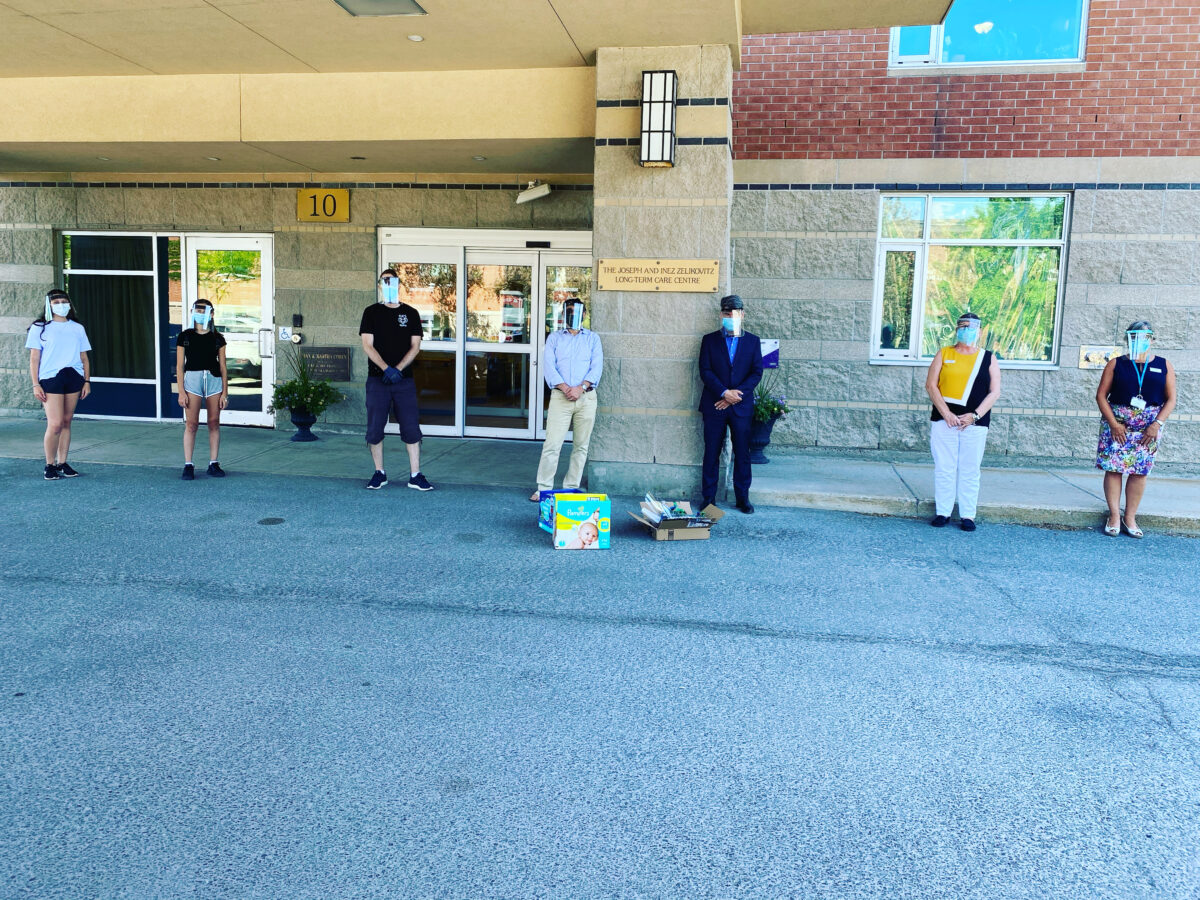
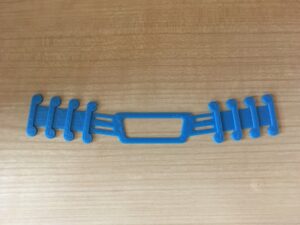
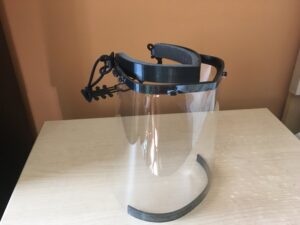
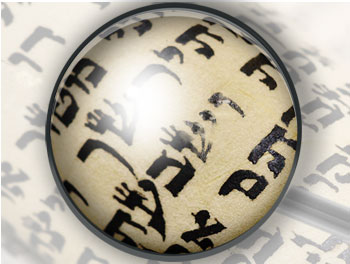

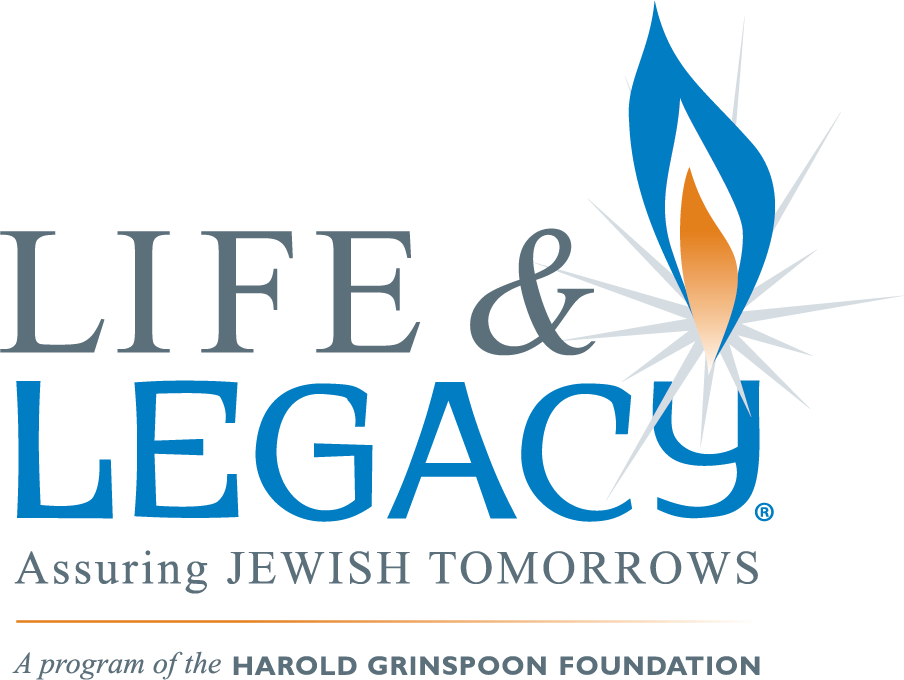
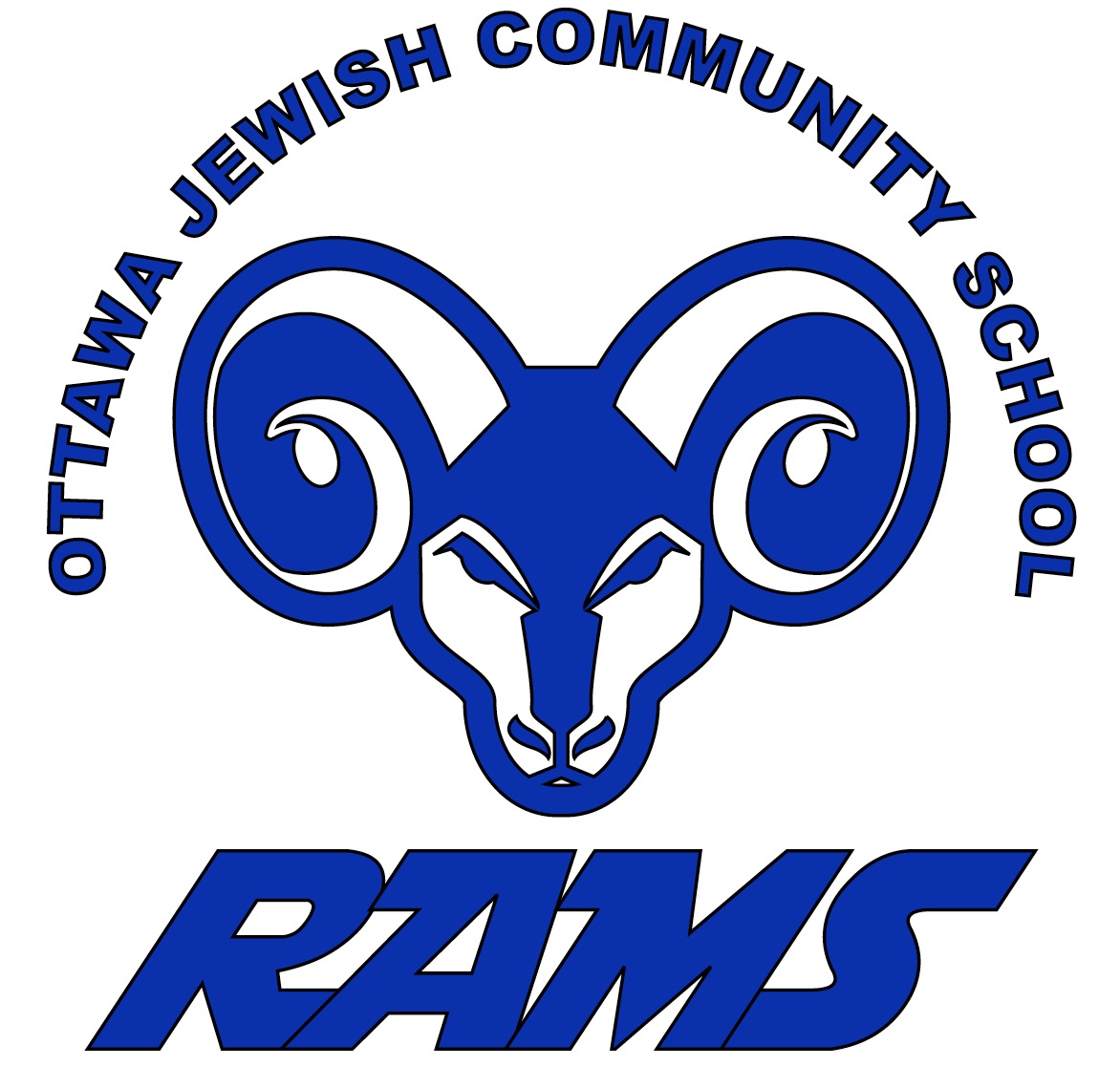
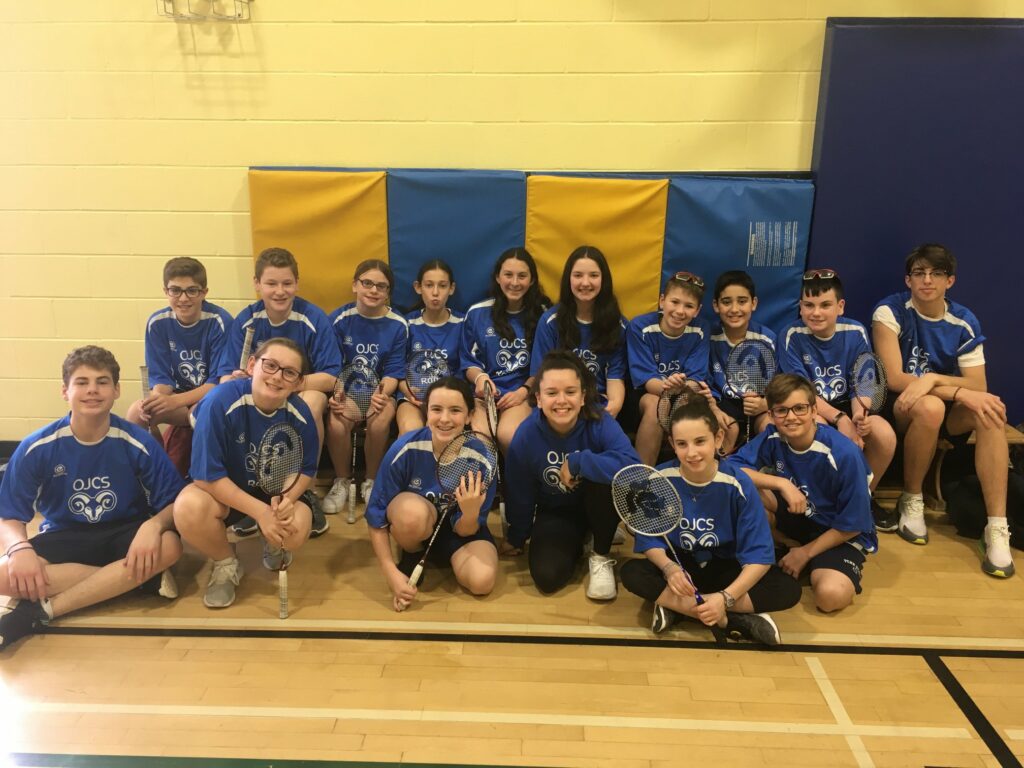
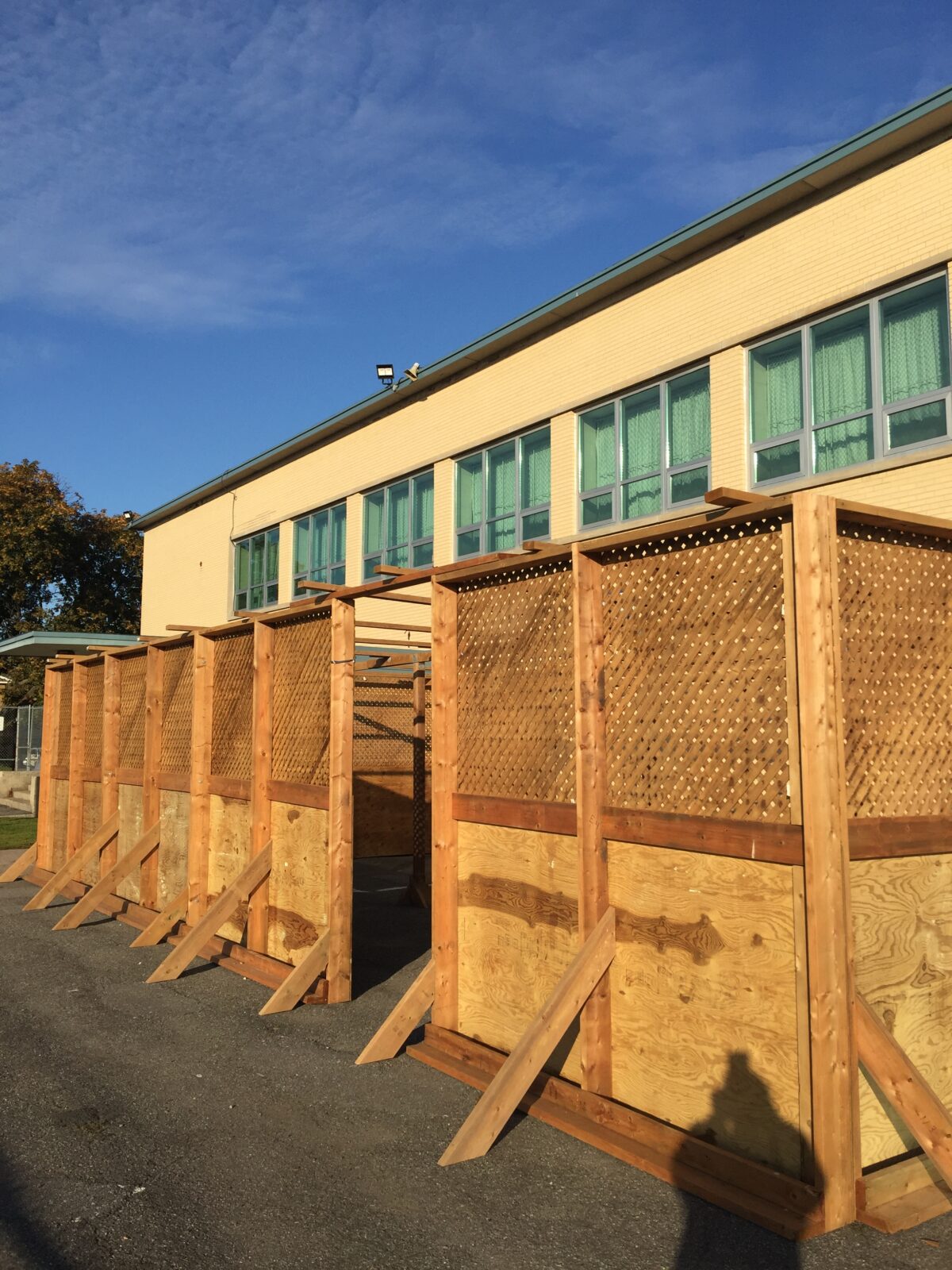
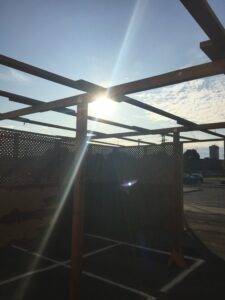 assistance of our OJCS Sukkah [to be finished this today] (with great thanks to the Zaret Family & Gemstone), in which we look forward to eating, celebrating, shake-shake-shaking and hopping in as a school community when we resume school during Chol Ha’Moed next Wednesday. [By the way, it seems like whenever we discuss the timing of the fall Jewish holidays relative to the start of the school year, we always describe them as coming “early” or “late”. They don’t ever seem to come “on time”!] Great thanks to all our teachers for the hard work that goes into holiday preparation/celebration and keeping the normal routines of school moving forward as per usual.
assistance of our OJCS Sukkah [to be finished this today] (with great thanks to the Zaret Family & Gemstone), in which we look forward to eating, celebrating, shake-shake-shaking and hopping in as a school community when we resume school during Chol Ha’Moed next Wednesday. [By the way, it seems like whenever we discuss the timing of the fall Jewish holidays relative to the start of the school year, we always describe them as coming “early” or “late”. They don’t ever seem to come “on time”!] Great thanks to all our teachers for the hard work that goes into holiday preparation/celebration and keeping the normal routines of school moving forward as per usual.
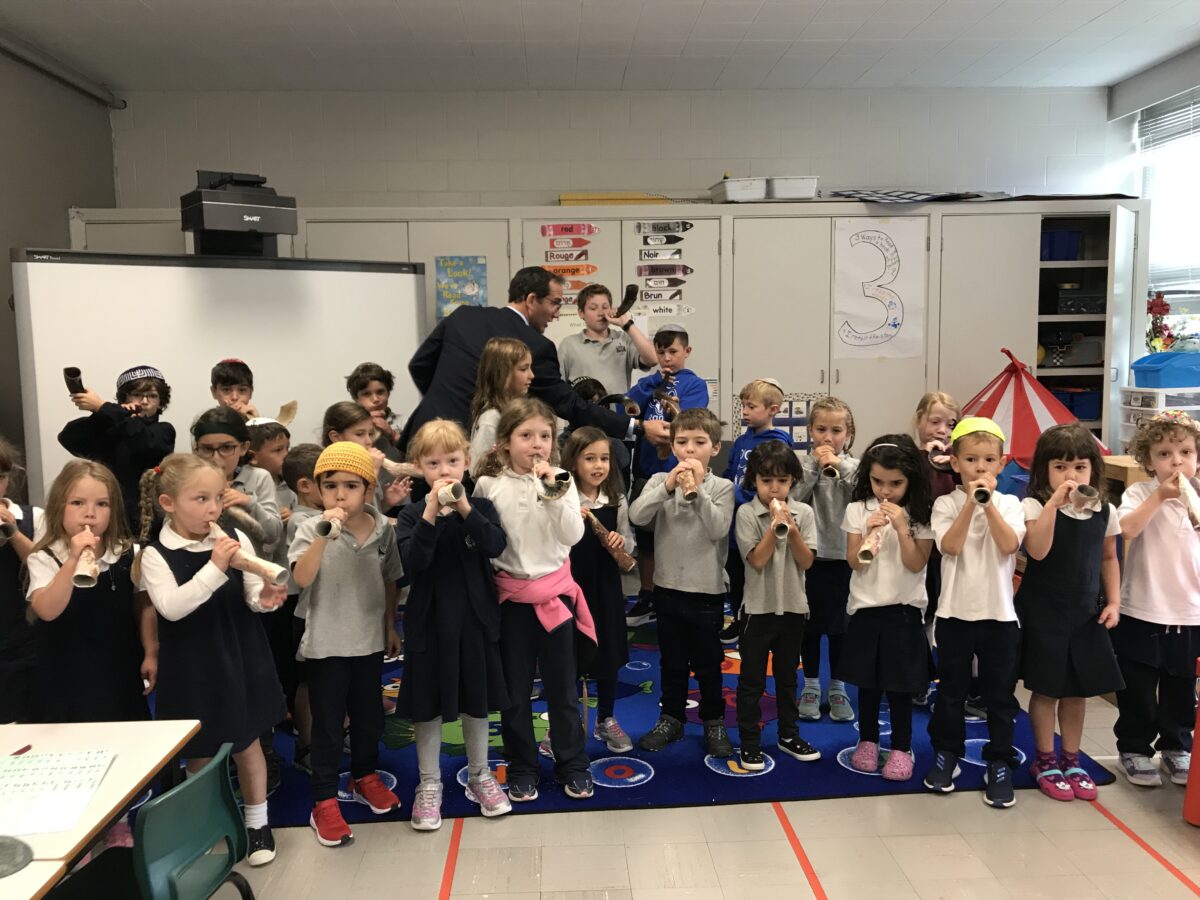
 As the eve of a new Jewish Year approaches, it is my most sincerest hope that this is the year we’ve been waiting for. To all the teachers, staff, parents, students, donors, supporters, and friends in this special school- thank you for your enthusiasm and your hard work. 5780 is shaping up to be a quite an amazing year!
As the eve of a new Jewish Year approaches, it is my most sincerest hope that this is the year we’ve been waiting for. To all the teachers, staff, parents, students, donors, supporters, and friends in this special school- thank you for your enthusiasm and your hard work. 5780 is shaping up to be a quite an amazing year!